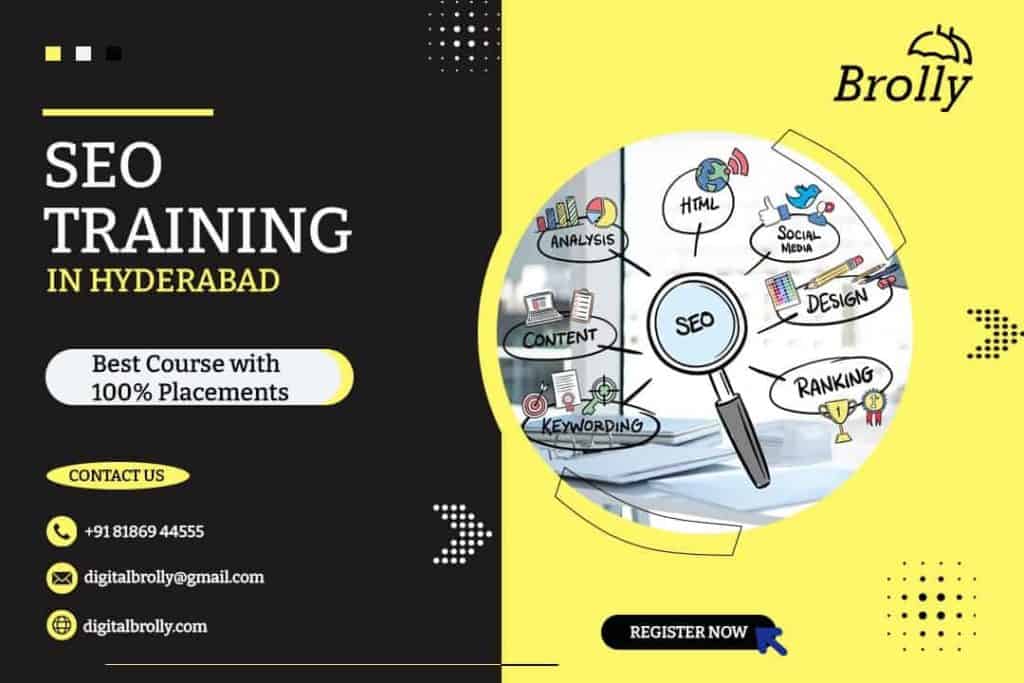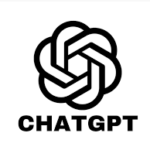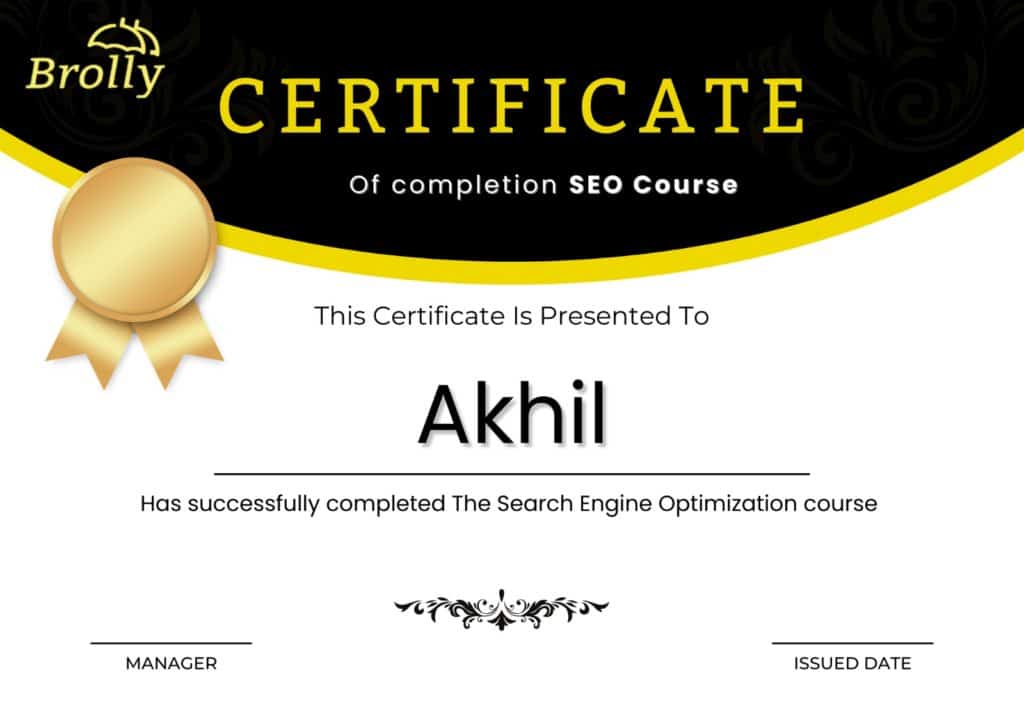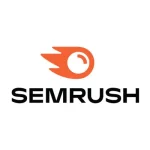SEO Institute in Hyderabad
with
100% Placements & Internships
Online Class RoomReal Time Projects Internship Untill You are Placed
Table of Contents
ToggleSEO Institute in Hyderabad
Batch Details
| Trainer Name | D.V. Ravi Varma |
| Trainer Experience | 15+ Years |
| Next Batch Date | 25th April 2024 (10:00 AM IST) (Offline) 25th April 2024 (10:00 AM IST) (Online) |
| Training Modes | Offline, Online Training (Instructor Led) |
| Course Duration | 45 Days |
| Call us at | +9181869 44555 |
| Email Us at | digitalbrolly@gmail.com |
| Demo Class Details | ENROLL FOR FREE DEMO CLASS |
Why learn
SEO at digital brolly?
- 100% placement assistance
- Regular Tasks & Assignments
- Google Certifications in just 45 Days
- Free materials – Softcopy
- Class PPT’s on a regular Basics
- Resume preparation
- Sample interview questions for job preparation
- Course completion certification
- Internships & Live projections
- 15+ Years experienced master trainers
SEO Institute in Hyderabad
Curriculum
1. What is SEO?
2. Different types of SEO
3. What are the advantages of SEO?
4. Disadvantages of SEO
5. What is SERP?
6. Understand Search Results
7. How google works in the backend?
8. What is Crawling?
9. What is Indexing?
10. Rank Math Algorithm and importance of relevancy
11. What is Google Sandbox?
12. Does Google Sandbox Exist?
13. Google Algorithm updates.
14. Special note on Panda, Penguin, Hummingbird updates.
15. Note Latest Bret Update & Upcoming Web Vitals Update.
16. Step by Step process on how to do SEO for a new website?
1. What are Keywords?
2. Different types of Keywords for SEO purpose.
3. Differentiating keywords based in user intentions.
4. What is search volume? and its importance.
5. What are LSI keywords?
6. What are intent defining keywords
7. Difference between money making keywords and informational keywords
8. How to get new keyword Ideas using Google
9. Tools to use for more keyword ideas
10. How to find search volume and tools to use?
11. Keywords Research Process
12. How to find profitable keywords for your business?
13. How to analyse difficulty of keyword?
14. How to analyse competitor keywords?
15. Deciding on keywords to target.
16. How to create strategies on how to outrank your competitors?
1. Generating content ideas
2. Forming a content framework/blueprint
3. Essential elements that your content should contain.
4. How to proofread or check the content for grammatical errors?
5. What is Plagiarism?
6. How to check the plagiarism of the content.
7. Best practices in content writing
1. Fundamental ON Page Factors.
2. How to write SEO optimized title for your Web Page/Post.
3. How to write attractive and description to get more clicks.
4. Best practices in writing page/post URLs to rank better
5. How to optimize the different types of Headings
6. The core content optimization principles.
7. How to use LSI keywords, synonyms and intent words for better rankings.
8. Structuring your webpage and prioritizing content for SEO
9. How to optimize Images on the website for image rankings.
10. Importance of Image file name, Image Alt tag and its size.
11.Optimizing content for visual search appearance
12.Importance of questioning words & FAQs on your page/post.
13.Importance of videos and optimizing videos on the page/post.
14.How to use SEO tools to cross check the ON page factors implementation.
1. Basics of Technical SEO
2. Website Structure & navigation optimization for SEO
3. Indexability of the website.
4. Tracking and fixing indexing errors.
5. Importance of Internal linking in SEO
6. Impact of Page Speed on SEO
7. Using GT Metrix & Lighthouse for speed reports.
8. Importance of UX Signals for SEO
9. Core web vitals and their importance.
10. Robots.txt & Sitemap.xml creation.
11. HTTPS & Website Security
12. Tracking and fixing broken links
13. custom 404 page
14. Importance of mobile responsiveness & mobile compatibility.
15. Touch friendly factors to boost UX and site rankings.
16. Other Technical aspects to monitor
1. What are Rich snippets.
2. Different types of Rich snippets.
3. How to optimize content for different types of featured snippets.
4. How to create site link snippet?
5. How to create Product, Rating, Review snippets?
6. FAQ Snippets and their benefits.
7. Importance of structured data tables on webpages/posts.
8. Other types of snippets and their optimization techniques.
9. Creating AMP pages and their benefits
1. What is OFF Page SEO?
2. Difference between ON Page and OFF Page.
3. Why is OFF Page SEO important?
4. Backlinks and their importance
5. What are backlinks
6. Types of backlinks
7. Do’s & Don’ts in Link Building
8. Importance of Anchor text in link building
9. What is Domain authority?
10. How to check a Websites Domain Authority?
11. How to increase a Websites Domain Authority?
12. What is spam score?
13. How to check for your websites spam score
14. Getting High quality Backlinks
15. Email marketing for backlinks
16. Link Building strategies
17. Advanced techniques in Link building
18. Unnatural links and their disadvantages
19. Monitoring Link Profile of your website
20. Maintaining Link health to avoid penalties
21. Process to remove spam links using disavowing tool
22. Establishing Brand Signals to boot rankings
23. EAT & their value
24. Other Key OFF Page techniques
1. Basics of Local SEO – What, why, how
2. The Map Pack – understanding the local SEO results.
3. Keyword Research for Local SEO
4. Create a listing on Google My Business (GMB)
5. Key optimization factors in GMB
6. Product listing, Services listing in GMB
7. GMB website builder tool.
9. Importance of images optimization and posts in GMB
10. What are NAP Citations
11. Importance of citations in Local SEO
12. Key local SEO Ranking factors
13. Importance of Social Presence & check-in’s for local SEO.
14. Importance of Online reputation Management for Local SEO.
1. What is Google Search Console?
2. Importance and uses of Google Search Console (GSC)
3. How to integrate your website with GSC?
4. Different types of website verification methods?
5. Setting Geo-target locations.
6. Analysing keywords, their positions and CTR’s
7. Comparing results over time of different keywords.
8. Filtering keyword analysis over countries, devices and more.
9. Check for indexability
10. How to request for Page indexing
11. How to check for snippets and errors.
12. Fixing crawl errors.
13. Monitor and fix mobile responsive errors.
14. Monitoring and fixing Web load speed issues.
15. Monitoring and fixing page not found errors.
16. How to use GSC for more keyword opportunities and ideas.
1. How to earn money from SEO
2. New website SEO step by step process
3. SEO Optimization check list
4. Creating SEO Performance report
5. SEO Interview Questions
6. Free SEO tools list
7. Paid SEO tool exposure.
8. SEO techniques E-book & Material
9. SEO site Audits

Master Tools
Get Hands-on experience on tools that are used in industry

Ubersuggest
WriterZen
Semrush


Moz
CHATGPT
Google search console
SEO Institute in Hyderabad
Key Highlights
- 100% Job Assistance
Join our training programs and get guaranteed job support. We promise to help you find job opportunities once you complete the training successfully.
- Real-Time Expert trainers
Learn from experts who have real-world experience. Our trainers have worked in the industry, giving them practical insights and guidance to help you learn effectively.
- Live Projects
Participate in live projects to gain hands-on learning experience. Apply your skills in real-world situations, improving your practical knowledge and building confidence in your abilities.
- Real Time Project Exposure
Get hands-on experience with real-world projects. Develop practical skills and exposure to live projects, which will prepare you for success in professional situations.
- Individual Assistance
Get personalized attention in small groups. Our batches are limited to 20 members, guaranteeing individualized support and creating an ideal learning environment for your success.
- Free Soft material provided
Get access to free learning materials. We provide complimentary content to help you understand concepts better and support your educational journey at no extra cost.
- Brolly Training certificate
Upon finishing the training, you will receive a Brolly Training certificate. This certificate validates your skills, boosts your professional credentials, and opens up career advancement opportunities for you.
- Free Backup classes
Take advantage of our free backup classes. If you happen to miss a session, you can attend a makeup class at no additional charge. This ensures that you don’t miss out on any valuable learning opportunities.
- Mock Interviews
Improve your interview skills through our mock interviews. Benefit from valuable experience, receive constructive feedback, and build confidence for successful job interviews in a supportive and practice-focused environment.
Reviews
DIGITAL BROLLY ALUMINI SPEAKS
Our SEO Trainers in Hyderabad
INSTRUCTOR
D.V. Ravi Varma
SEO Expert & Lead Instructor
15+ Years Experience
About the tutor:
He is an Entrepreneur and SEO Professional who has worked with major startups, helping them plan business models and SEO strategies. He is also recognized for mentoring students and guiding them to excel in their chosen fields. We consider him one of the top SEO trainers in Hyderabad.
He’s one of the Best SEO trainers in Hyderabad right now. You can get free consultation with him directly before joining.
ELIGIBILITY CRITERIA
Anyone interested in Digital Marketing, Search Engine Optimization (SEO), Social Media Marketing, Blogging, YouTubing, or online business can learn SEO.
No specific degree is required to start learning SEO.
- Digital marketing enthusiasts looking for jobs.
- Bloggers, whether they’re beginners or experts.
- Owners of small and medium-sized businesses.
- Web developers.
- Students in college.
- Individuals seeking jobs, fresh graduates, and students.
- Both beginners and advanced learners in affiliate marketing.

SEO Institute in Hyderabad

Certifications
- Digital Brolly - Course Certification
- SEO Certifications
SEO Institute in Hyderabad
Modes of Training
Classroom Training
- SEO trainer with 15+ years of experience
- Basic to advanced level
- Daily recorded videos
- Live projects included
- 100% Placement assistance
- Interview Guidance
- Attend Unlimited Classes/batches for 1 year
Online Training
- SEO trainer with 12+ years of experience
- Basic to advance level
- Daily recorded videos
- Live projects on your own domain with trainer support
- 100% Placement assistance
- Interview Guidance
- Attend multiple batches for 1 year till placed.
Video Training (Self-Paced)
- Lifetime access to all the classes videos
- Video from Basic level to advanced level
- Will keep updating with new videos as course topics change
- Videos contains Examples & case studies
- Interview Guidance Videos
Salaries
SEO Salaries in Hyderabad
The salary of an Entry-Level SEO Specialist in India can vary based on factors such as experience, expertise, and the location of the company. On average:
- Entry-level SEO specialists with less than three years of experience earn an average salary of ₹2.5 to 4 lakhs per year.
- Mid-level specialists can expect to earn between ₹8 to 10 lakhs per year.
Things you can do
Careers in SEO

SEO Specialist
Enhance website content and structure to boost visibility and rankings on search engines, thus improving online presence.

SEO Analyst
Analyze data, monitor performance metrics, and offer insights to enhance SEO strategies for improved outcomes.

Content Strategist
Create and implement Content writing strategies that support SEO objectives, aiming to boost organic traffic and enhance engagement levels.

Local SEO Expert
Improve local search presence, handle online reviews, and optimize Google My Business for local enterprises.

SEO Copywriter
Create content that is easy for search engines to find and ranks higher in search results. This will help you reach and connect with more people online.

Technical SEO Specialist
Concentrate on website structure, crawlability, and performance enhancements to achieve technical SEO excellence.

SEO Consultant
Give professional guidance on Search Engine Optimization tactics, reviewing current performance, and suggesting ways to enhance online visibility and search engine rankings.
FAQ’S
We help you get ready for job chances and Digital marketing Internships, but getting a job relies on how well you do in actual interviews.
You’ll have unlimited access to our courses for life! Once you sign up, you’ll get an email confirming your enrollment, guaranteeing ongoing access to the course materials.
SEO is considered one of the best-paying jobs in digital marketing. In Hyderabad, the average salary for an SEO expert is around ₹3.0 lakhs per year, indicating a high demand for SEO professionals. Digital Brolly provides effective SEO training to assist you in landing the ideal job.
The SEO course at Digital Brolly lasts for three months. If you need more information, please don’t hesitate to reach out to us.
After finishing the course, you’ll have the skills to apply different strategies in real-world SEO projects.
Our Digital Marketing Course is open to anyone with basic computer skills, regardless of age. It’s beneficial for content writers, web designers, web developers, UI/UX professionals, students, housewives, internet enthusiasts, marketing and branding professionals, as well as startup/business owners.









